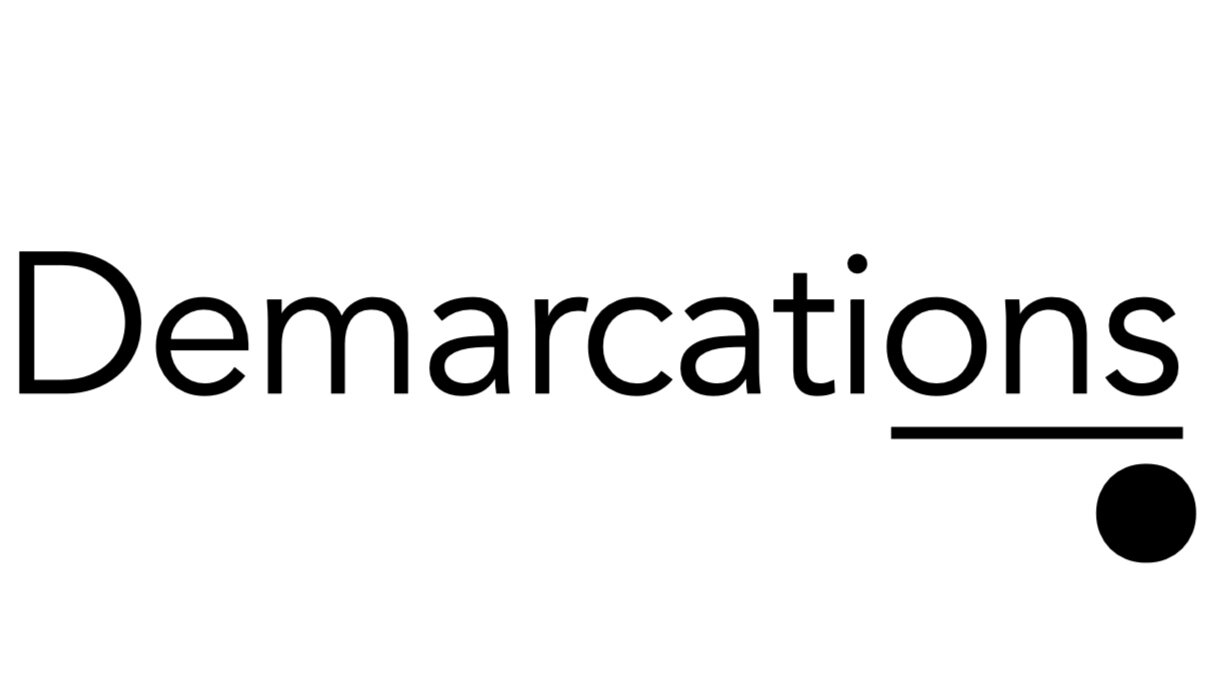Photo credit: LH_4tography
Jack Kornfield writes about a woman on a mediation retreat in a redwood forest:
She awoke in the middle of the night startled, heart pounding, because she heard a loud growl just outside. She was sure it was a bear close by, perhaps dangerous. Turning on a small flashlight, she looked around and waited fearfully for the unknown growler to make another noise. At first it was quiet. Then a minute had passed, her stomach let out a loud growl. She realized that the bean soup from dinner was having its way with her digestive tract! The loud growl was herself.
Kornfield explains the benefits of mindfulness and the practice of noticing when we tell ourselves stories.
Sometimes our stories are useful, allowing us to structure the world and our identity. Many times the stories are objectively false and unhelpful.
In my profession, a common unhelpful story is: “I’m not good at technology.”
If you tell this story, here’s why you should let it go.
Painful origins
Where did this story come from? Maybe from difficult experiences working with poorly designed office technology, with inadequate training to understand it. Or maybe your teenage children mock you because you don’t understand Instagram, TikTok, etc!
The story is born of negative experiences and frustration. Don’t perpetuate this negativity by repeating the story.
Quieting a fixed mindset story
The construct of being “good” or not, is unhelpful. It reflects a fixed mindset, to use the framing of Carol Dweck. “I am good at …” is a statement about some quality, perceived to be inherent and immutable. Yet the quality is alterable.
So a better statement might be “I’ve not learned how to …”. And if one cares enough about this particular deficit, the next thought ought to be: “How can I learn it?" This reflects a growth mindset. This is a helpful story.
Focus on practice
Stepping back further, whether you’re “good” or not at technology — or anything — is seldom an accurate statement. Skill reflects effort. As the late Anders Ericsson revealed, “talent” is mostly a function of practice.
How much of your time and energy have you devoted to building technology knowledge and skills? Not enough? If you must tell yourself a story, perhaps this is the one to tell.
Look, I may be tempted to say “I’m good at technology.” But that wouldn’t be accurate either. I tinkered with computers as a child. I took an early interest in technology, meaning I’ve spent considerable time — maybe too much time — building these skills. To be clear: I take no credit for any this — it’s all a function of luck and how I’ve spent my time.1
So, let’s stop — altogether — telling ourselves stories about our abilities and subjectively judging our skills. Instead, let’s realize the areas in life we’d like to improve on, and then devote the time and energy to realize those improvements.
This isn’t easy to do. But keep practicing.
- Of course, it can also be dangerous for people to think they’re good at something when objectively they are not. We ought to vigilantly resist these stories too. ↩︎

